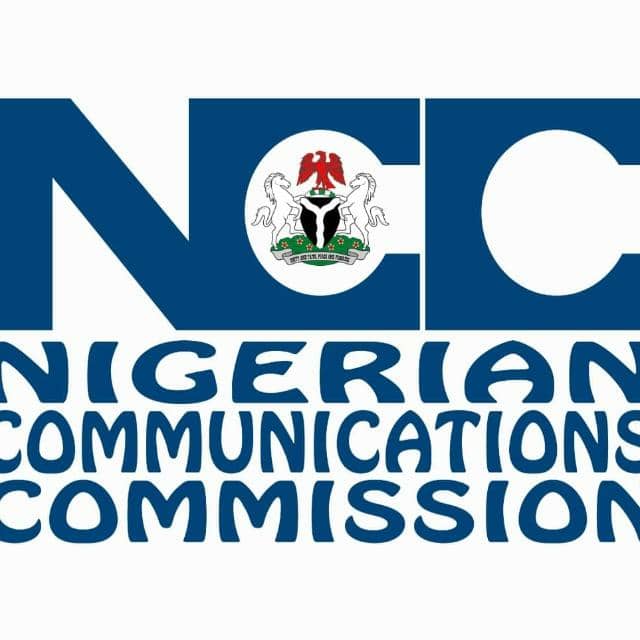
NCC logo
NCC Reforms Spark $1bn Telecom Investment Boom in Nigeria
The Nigerian Communications Commission (NCC) has announced that recent regulatory reforms have led to a historic surge in capital investment in the country’s telecom sector, with operators expected to inject over $1 billion into network expansion and upgrades by the end of 2025.
Speaking at a media interactive session in Lagos on Friday, Dr. Aminu Maida, NCC’s Executive Vice Chairman and CEO, revealed that the shift to market-driven pricing in January 2024 reversed a decade-long freeze on tariff adjustments, attracting fresh investments and enabling operators to plan large-scale infrastructure projects.
“Earlier this year, we made the tough but necessary decision to return to market-based pricing, a principle that drove the sector’s growth in the 2000s. Almost immediately, we saw renewed investment commitments, and by the end of 2025, cumulative infrastructure spending will exceed $1 billion,” Maida stated.
He noted that for the first time in three years, telecom companies are making significant equipment purchases, with deliveries underway since June. These investments will fund upgrades to existing base stations, new site deployments, and nationwide fibre backbone expansion, beginning in the North Central region.
Maida explained that for nearly a decade, mobile operators faced price controls that prevented tariff adjustments despite rising inflation, currency depreciation, and increasing operational costs.
Meanwhile, other segments of the telecom value chain, such as fibre providers, could freely adjust prices.
“This imbalance stifled growth, forcing operators to rely solely on reinvested earnings. By correcting this, we’ve restored confidence among local and foreign investors who supply critical hardware and software,” he said.
Highlighting the sector’s reliance on imports, Maida pointed out that all components—from network equipment to software—are sourced abroad. Additionally, the industry consumes over 40 million litres of diesel monthly, mostly imported, though he expressed hope that local refining capacity would ease foreign exchange pressures.
On security challenges, Maida acknowledged persistent issues like vandalism, generator theft, and fibre cuts. To combat these, the NCC has introduced stricter security measures, launched public awareness campaigns, and is finalizing plans for a rapid response force in collaboration with the Office of the National Security Adviser.
The Commission is also set to sign an agreement with the Federal Ministry of Works to coordinate road projects and prevent damage to telecom infrastructure.
A new digital platform will enable government agencies to notify operators of planned construction and assess potential service disruptions.
While improvements in service quality may take time, Maida emphasized that the reforms are crucial for long-term sector sustainability.
“The telecom industry evolves rapidly—the world is already discussing 6G. Nigeria cannot afford to lag behind. The investments unlocked this year have put us back on track,” he said.
